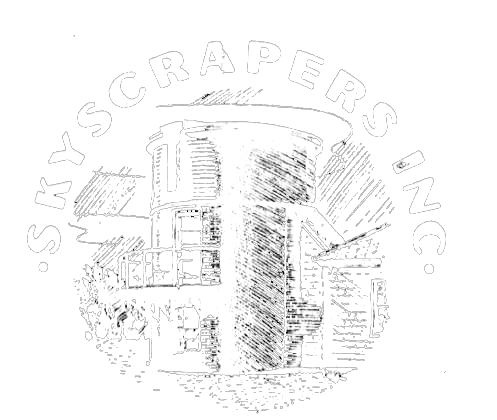Geminid Meteor Shower
December 2005 :
Note: This article may contain outdated information
This article was published in the December 2005 issue of The Skyscraper and likely contains some information that was pertinent only for that month. It is being provided here for historical reference only.
I wish I had some good news about the final meteor shower of
2005, but the Geminids, which peak on the night of December 13-14,
will unfortunately be quite diminished by an almost Full Moon (on
the 15th). All but the brightest of this usually very productive
meteor shower will be overshadowed by bright moonlight. Still, if
the weather cooperates, I would recommend spending a half hour or
so around midnight trying to catch a glimpse of a shooting star or
two.
I make this suggestion because the Geminids have a peak rate of
60-75 meteors per hour. Despite the interfering moonlight you
should have an opportunity to observe a handful of the brighter
meteors streaking across the sky.
Geminids are fairly bright and moderate in speed, hitting our
atmosphere at 21.75-miles per second. The Geminids are
characterized by their multicolored display (65% being white, 26%
yellow, and the remaining 9% blue, red and green). They also have
a reputation for producing exploding meteors called fireballs. The
Geminids are the most dependable display because they are an old
shower and therefore the individual meteors are evenly distributed
throughout the meteor stream.
Good luck with the December Geminids.
And finally, the Winter Solstice occurs at 1:35 pm on December
21. Notice how far south the Sun arcs across the sky. Some
forecasters are predicting another cold and snowy Winter for us in
New England. Wouldn't it be nice if we could hibernate like bears?
Please note that Seagrave Observatory will be open to the
public on only two Saturday nights in December due to holiday
celebrations and other scheduled festivities. If the weather
cooperates and snow cover doesn't close our parking lot, we will be
open on the 10th and 17th. Check our web site at
http://www.theskyscrapers.org for snow cancellations. The
observatory will be closed on December 3rd, 24th and 31st.
Happy holidays and clear skies to you all.



